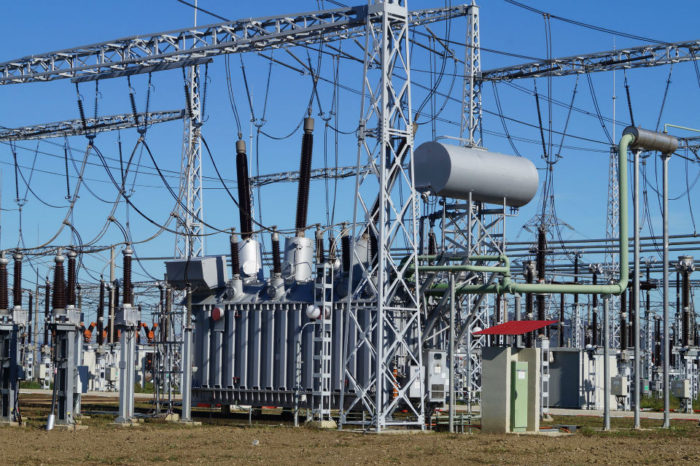Regulated energy prices will bring lower state budget revenues, reduced investments and market distortion, says FP

Fondul Proprietatea expressed its concerns about the “highly detrimental impact on energy companies, investments in the energy sector, Romania’s energy security, and ultimately on end consumers if the National Regulatory Authority for Energy’s (“ANRE”) Order regarding the approval of the Pricing Methodology (“the Order”) for electricity sold by the producers on the basis of regulated contracts is implemented”.
FP says the Order, which has been recently adopted by ANRE, will create severe imbalances in the Romanian energy market, among which FP highlights the following:
– It will lead to an immediate price increase in the competitive market, with negative effects on Romania’s economy, investor confidence in the predictability of energy policies and the market value of affected companies. Romanian households will be negatively affected as higher electricity prices instead of competitive ones will ultimately be passed through by increasing prices for various products.
– The ANRE Order does not treat all electricity producers equitably, placing the burden of subsidizing the consumers benefiting from especially regulated power supply under the responsibility of those power producers with the lowest costs of production (such as Hidroelectrica and Nuclearelectrica, companies controlled by the Romanian State).
– Establishing the regulated profit rate in an arbitrary way at 5 percent has no economic basis, generates financial losses for the affected producers and is not aligned with the text of the Government Emergency Ordinance 114/2018. Thus, the Order punishes energy producers which have increased their efficiency while creating an unfair advantage for poorly performing companies. Taking the above factors into consideration, Fondul Proprietatea strongly recommends using a market reference price to set the price for electricity, such as, for example, the day-ahead market price.
– It may lead to more electricity imports at prices which cannot be capped, thus further penalizing the Romanian consumers and the Romanian producers.


















